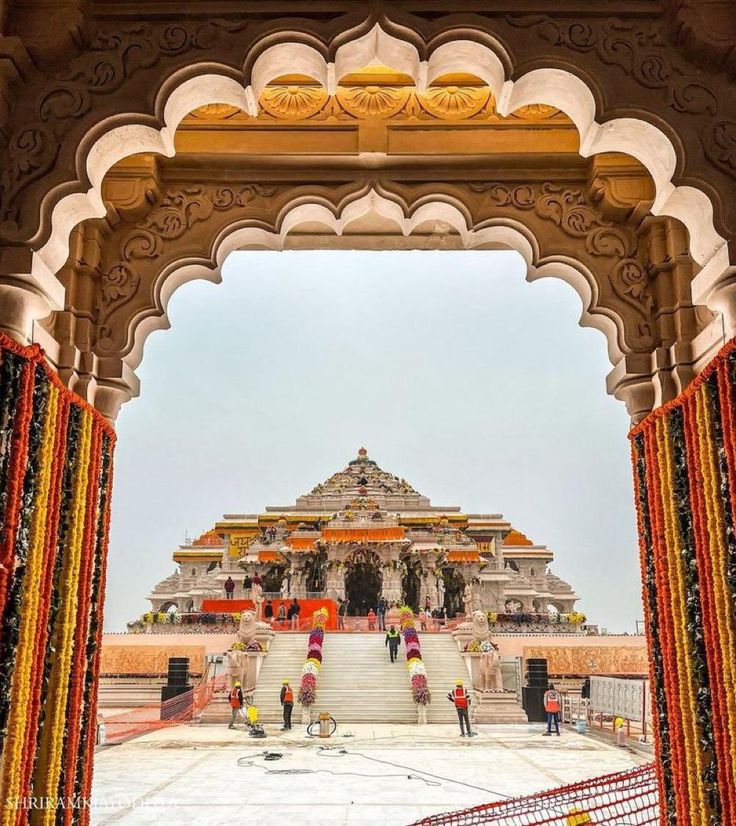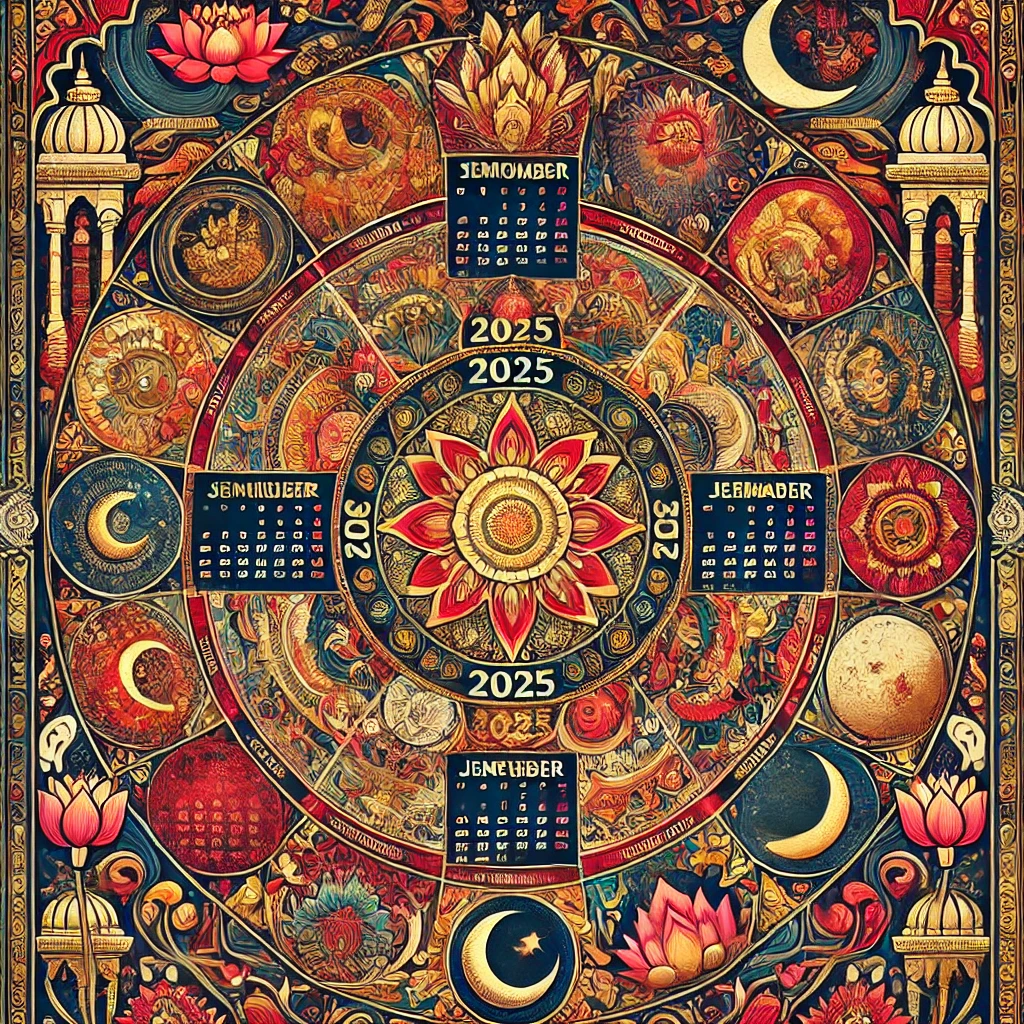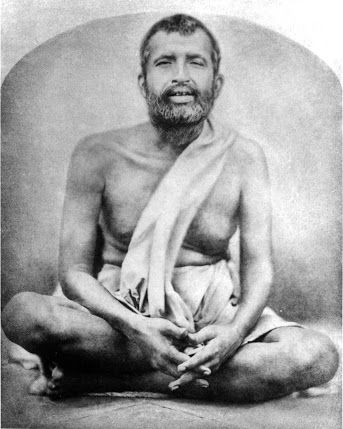Introduction
Every year on 2 October, India takes a collective breath. The traffic still moves, markets open and close, and families go about their chores. Yet the day feels different. Gandhi Jayanti is less a festival and more a mirror. It asks simple questions: am I truthful, am I kind, and do my choices reduce harm. Those questions define the spirit of the day more than any ceremony. This guide offers a clear, human understanding of what Gandhi Jayanti means, how people mark it in India and abroad, the ideas at its heart, and how you can participate in ways that feel sincere rather than performative.
What Gandhi Jayanti Is And Why The Date Matters
Gandhi Jayanti is a national holiday in India observed on 2 October, the birth anniversary of Mohandas Karamchand Gandhi. Government offices pause routine work, many banks remain closed, and schools as well as colleges plan short programs when in session. Cultural venues often host talks, readings, exhibitions, and screenings that revisit Gandhi’s life with a fresh lens. Across the country the day is commonly observed as a dry day. Sale of alcohol is paused to place the focus on clarity, restraint, and reflection. The date also coincides with the International Day of Non-Violence, which underlines that Gandhi’s message was never meant for one nation alone.
The mood of the day is intentionally calm. You will not find loud parades or flashy displays. You are more likely to hear a prayer, a quiet song, or a short speech about truth, courage, and service. That tone matches Gandhi’s insistence that means matter as much as ends. A national tribute that is not noisy becomes a lesson by itself.
Gandhi Ji’s Ideas
. He spun cotton to promote self-reliance, walked long distances to meet ordinary people, and kept a frank record of personal experiments that did not always succeed. That humility is part of the reason the world still studies him. He did not claim perfection. He asked for honest effort.
The ideas he carried are not antiques in a glass case. They are practical and usable in daily life. Nonviolence is a tough habit of restraint during conflict. Truth is not only about facts but also about aligning word and deed. Simplicity is intelligent design: fewer distractions, less waste, and more attention to what matters.
Core Principles Behind The Observance
Nonviolence As Everyday Strength
Nonviolence is not passivity. It is a deliberate choice to reject harm while still acting firmly. In a family it appears as a refusal to humiliate during a disagreement. In an office it looks like clarity without cruelty. In public life it becomes peaceful protest and hard negotiation that seeks solutions rather than victory laps.
Truth As Integrity You Can See
Truth is not only about accuracy in a paragraph. It is a way of living. Keeping a promise, correcting an error without excuses, and refusing to share unverified claims are small but powerful practices. On Gandhi Jayanti, many schools read a short passage and ask students to describe one action that matches their values. That habit teaches more than a long lecture.
Respect Across Differences
Inclusion shows up in small, verifiable ways: fair pay for support staff, accessible seating at public events, clear signboards, and patient attention to those who speak softly. A society becomes kinder not by slogans but by details.
How India Observes The Day
National And Civic Tributes
At memorials such as Raj Ghat in New Delhi, people offer flowers and join short interfaith prayers. The format is plain: silence, a song that many know by heart, and a few words on ethical public life. Municipal bodies and citizen groups often use the day to organize cleanliness drives or tree planting, which ties service to symbolism in a concrete way.
Schools And Colleges
Morning assemblies read from Gandhi’s writings or his letters. Students stage small plays that show how to resolve a classroom argument without mockery. Debate clubs explore difficult questions with courtesy. Some institutions set up charkha demonstrations or craft stalls to celebrate handwork. The emphasis remains on practice rather than spectacle.
Neighborhoods And Workplaces
Resident groups plan food donations, blood donation camps, or legal awareness sessions. Offices keep observances brief and useful. A senior leader may share a five-minute note on ethical decision making. Teams discuss one real dilemma they face and list clean options. Many organizations collect books, stationery, or hygiene kits and distribute them through verified partners.
How The World Participates
Indian missions, universities, and community organizations abroad host talks on conflict resolution, screenings of classic films, and service projects tailored to local needs. Libraries curate displays on nonviolence and related figures from different cultures. The repeated pattern across countries is telling. The day succeeds when it moves from tribute to action: a workshop on listening, a session on mediation, or a hands-on volunteer task.
Practical Ways You Can Mark The Day With Sincerity
You do not need a stage, a microphone, or an invitation to observe Gandhi Jayanti meaningfully. You need intention and follow-through. The ideas below work for individuals, families, classrooms, and teams. Pick a few and do them well.
Start With Ten Quiet Minutes
Before the day rushes in, sit with a short reading on compassion or courage. Write a one-line intention in plain language. For example: today I will avoid cutting remarks. In the evening, write two lines on what worked and what did not. The point is not perfection. It is awareness.
Practice Nonviolence In Speech
For one day, avoid sarcasm, contempt, and performative outrage. If you disagree, ask questions and offer reasons. If you make a mistake, apologize directly. You will notice how quickly habits want to take over. Resisting them is the lesson.
Support Local Work
Buy something made by hands you can meet. If that is not possible, repair or repurpose an item at home. Write a note of thanks to a craftsperson or service worker who helped you recently. Economic choices express values as clearly as speeches.
Reduce Digital Noise
Check facts before sharing. Skip forwarded messages that are built to provoke, not inform. Unfollow sources that trade in constant outrage. Curate your attention like you curate your diet. A cleaner feed is a form of nonviolence toward yourself and your community.
Clean A Shared Space
Choose a stairwell, a stretch of sidewalk, or a corner of the park. Collect waste responsibly and segregate it. Encourage a neighbor or a friend to join. Cleanliness teaches respect for the commons and has measurable health benefits.
Write A Thirty-Day Pledge
Pick one small habit and commit to it for a month. Walk short distances instead of taking a vehicle. Switch off lights when you leave a room. Greet security guards and housekeeping staff by name. Read for twenty minutes without a phone. Small, repeatable actions carry ideals forward.
A Simple One-Day Plan You Can Follow
- Begin with ten minutes of quiet reflection. Write a single-line intention for the day.
- Share a meal, an errand, or an hour with someone who could use company or help.
- Speak without mockery or hostility, online and offline. If you slip, correct yourself in the moment.
- Make one local purchase or repair one item you already own.
- Clean a shared space and dispose of waste correctly.
- End the evening by noting one lesson, one difficulty, and one habit you will continue for the next month.
Thoughtful Answers To Common Questions
Is nonviolence practical when life gets harsh
Yes, because it is not the same as inaction. Nonviolence asks for clear goals, steady discipline, and patience. It narrows the harm a conflict leaves behind. In families it preserves trust. In teams it keeps channels open after a tough call. In public life it prevents cycles of revenge that consume time and resources.
Does observing a dry day really matter
The dry day is a symbol, not a moral lecture. A society that pauses once a year to honor restraint is saying that clarity has public value. Even those who do not drink can join the signal by practicing another form of restraint: fewer harsh words, fewer impulsive purchases, or fewer pointless arguments.
Is Gandhi above criticism
No public figure is. Gandhi’s views changed across his life, and some positions deserve debate. Honest criticism and careful study belong on this day because they treat ideas as living tools. The point is not to freeze a person in praise but to test what still works and adopt it with humility.
Observing The Day In Schools And Offices
Schools can design a compact program that respects attention spans. One student narrates an episode that shows Gandhi’s humor or courage. Another explains satyagraha in simple terms. A short skit shows how to settle a dispute without humiliation.
Workplaces can keep it practical. Teams discuss a real grey area from their work and list clean options. A weekend service signup closes the loop. The aim is culture that employees can feel, not a long event that nobody remembers.
Bringing The Ideas Into A Digital World
Truth becomes careful verification and a willingness to correct oneself in public. Simplicity becomes sensible screen time and mindful purchases. Self-reliance becomes basic digital literacy so that technology serves you rather than the other way round. On 2 October, try cleaning your inbox, unsubscribing from manipulative content, and following voices that inform without inflaming.
Why Is It Still Popular?
The day also bridges generations. Elders who have seen scarcity and young people who live online can agree on a few durable values: honesty, restraint, responsibility, and kindness. Those are not abstract virtues. They are habits you can see.
Conclusion
Gandhi Jayanti is a quiet national classroom. It does not demand grand gestures. It invites steady practice. On 2 October, India remembers a leader who turned moral courage into a method that anyone can learn. You can honor the day by choosing one act of service, one moment of restraint, and one promise you keep for thirty days. If those choices carry into the weeks that follow, the observance has done its work. Truth with compassion, strength without cruelty, and progress with conscience: that is the simple heart of Gandhi Jayanti, and it remains available to all of us, one decision at a time.
Buy my books – Click here






